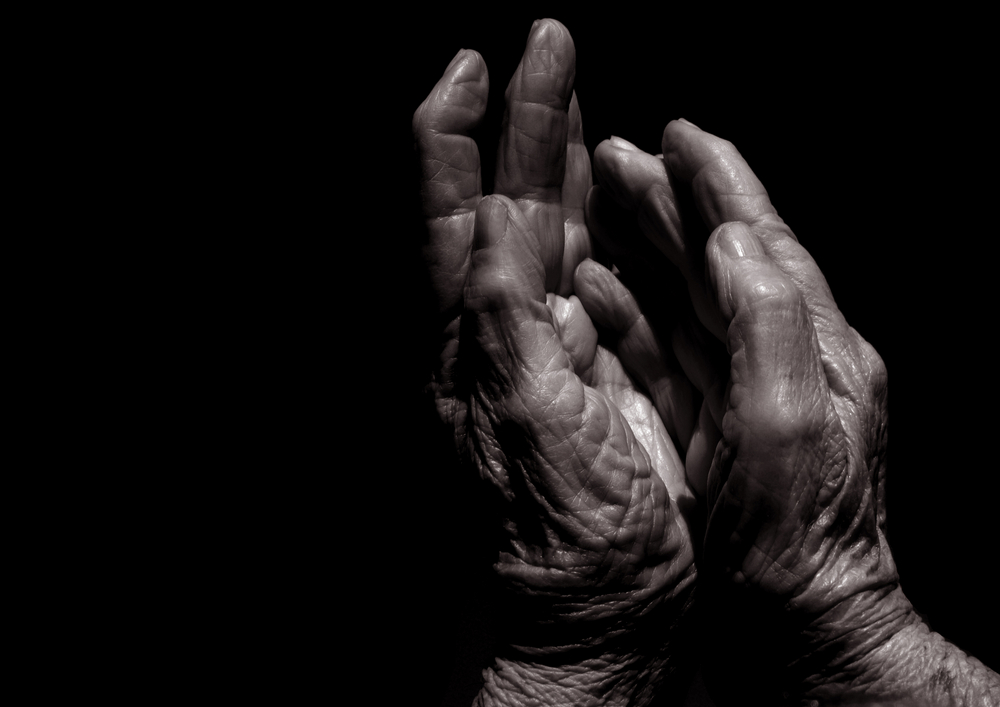In a new study entitled “Survival in systemic sclerosis–pulmonary arterial hypertension by serum autoantibody status in the Pulmonary Hypertension Assessment and Recognition of Outcomes in Scleroderma (PHAROS) Registry,” the authors determined that there is no association between the presence of autoantibodies in systemic sclerosis patients affected by pulmonary arterial hypertension and patient survival. These findings highlight the need for additional studies to try to identify survival biomarkers in SSc-PH patients. The findings were published in The Seminars in Arthritis and Rheumatism journal.
In this new study, scientists at the Northwestern University Feinberg School of Medicine in Chicago, Illinois and colleagues determined whether the presence of autoantibodies in systemic sclerosis-associated pulmonary arterial hypertension patients was associated with patient survival. Pulmonary arterial hypertension (PAH) is the leading cause of death in patients with Systemic sclerosis (SSc). It affects up to 12% of all patients with SSc and is responsible for 50% of mortality within 3 years post PAH diagnosis.
The team analyzed 162 patients, with a definite diagnosis of PAH (according to the World Health Organization criteria, all presented right heart catheterization, the only established method to determine certain pulmonary artery pressures and diagnose PAH). Patients were identified through the Pulmonary Hypertension Assessment and Recognition of Outcomes in Scleroderma (PHAROS) Registry.
Profiles for autoantibodies (i.e., antibodies that mistakenly target and react against an individual’s own tissues or organs) indicated the presence of anticentromere autoantibodies in 37% of patients; antinuclear antibodies in 24% and anti-topoisomerase in 7% patients. Additionally, the team detected the presence of non-specific autoantibodies, including antinuclear antibodies (17%) patients); anti-RNA polymerase III in 6% and anti-U1RNP in 5% of patients; only 4% of the patients analyzed were negative for antibodies. The team collected the mortality data and verified that 20% of the study participants died. Notably, however, they observed no differences in the mortality rate across patients with differences in their autoantibodies profiles, nor when comparing patients with those without autoantibody production.
As a result, while authors determined that SSc-PAH patients exhibit a prevalence for anticentromere and nuclear autoantibodies, they identified no association between serum autoantibodies and survival, as Monique Hinchcliff, study first author noted, “Our data demonstrate that although antibodies are associated with PAH development and time to PAH diagnosis, none of the SSc-specific serum autoantibodies were predictive of mortality.”
The team added, “Our data highlight the need for identification of biomarkers that can predict which patients with SSc-PAH are at highest risk of death. Unfortunately, although commercially available autoantibodies do seem to predict the development of PAH, they do not predict survival difference in SSc patients with incident PAH in our cohort.”

